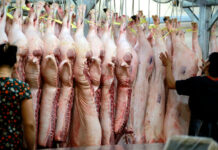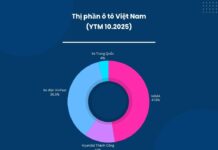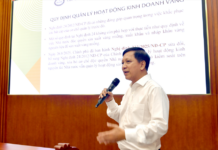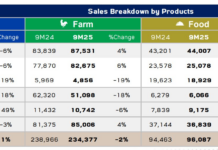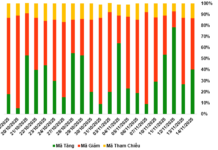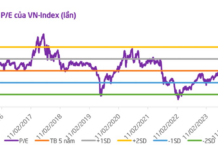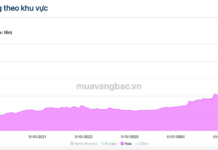In the ongoing session of the Standing Committee of the National Assembly, on the morning of April 17, Minister of Culture, Sports, and Tourism Nguyen Van Hung presented a Report on the Draft Law on Cultural Heritage (amended). He said that the amendment of the law is necessary to promote the values of cultural heritage, adapt to reality, and promote the attraction of social resources…
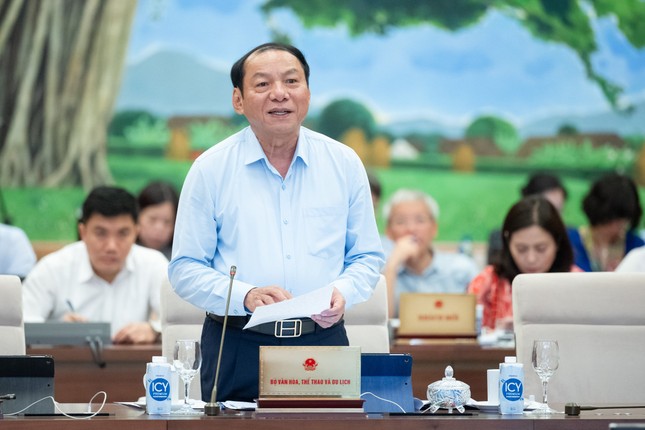
Minister of Culture, Sports, and Tourism Nguyen Van Hung.
Regarding the protection of historical relics, the current draft law allows for the implementation of investment projects to build private houses in Zone I of the relic protection area after approval and with the consent of the competent authority.
During the examination of this issue, Mr. Nguyen Dac Vinh, Chairman of the Committee on Culture and Education, said that the draft law also stipulates that Zone I of the relic protection area is protected in its original state in terms of its ground plan and space for the original elements that constitute the relic. Therefore, he proposed that the construction of private houses in Zone I of the relic protection area should not be allowed.
“Only the construction or renovation of private houses is allowed in the case of heritage sites with residents such as Duong Lam ancient village, Hoi An ancient town, and Zone I of the Hue Monuments Complex… but the principles of managing, protecting, and promoting the value of cultural heritage as well as preserving the original elements that make up the relic must be ensured,” Mr. Vinh said.

Mr. Vu Hong Thanh – Chairman of the Economic Committee.
In addition, the regulation on the construction of private houses in Zones I and II of the relic protection area must comply with the provisions of the law on construction and may only be implemented after obtaining the written consent of the Department of Culture.
Mr. Vu Hong Thanh – Chairman of the Economic Committee, expressed concerns because the draft law allows for the construction of private houses in Zone I of the relic protection area. “Ha Long Bay is a world heritage site, so it is certainly not right to allow the construction of houses in the core zone. In the past, Quang Ninh had to spend hundreds of billions to relocate floating houses on Ha Long Bay out of the core zone to build a resettlement area,” Mr. Thanh said.

National Assembly Chairman Vuong Dinh Hue speaks at the meeting.
However, according to the Chairman of the Economic Committee, in Zone II (previously called the buffer zone), if strict regulations are not in place, the Ha Long Bay Management Board will draw the buffer zone too widely as it did in the past. If construction works on the shore cannot be handled, the city will not be able to develop. It is necessary to clarify the authority and specify the criteria and conditions for handling this issue.
In his comments on the draft law, National Assembly Chairman Vuong Dinh Hue noted that the construction, restoration, and renovation of cultural heritage are highly specific in nature. Therefore, if the norms and unit prices are based on purely public investment, it will be difficult.
“What about the norms and unit prices for newly invested cultural works to ensure that the works will be preserved forever? If the investment norms are normal, it will be very difficult. The recent Draft Law on the Capital City (amended) granted authority to the Hanoi City People’s Council to consider and decide on projects in the capital city. What about other localities?” asked National Assembly Chairman Vuong Dinh Hue.

